
Senior Coordinator
Heart2Mind
Anxiety
Anxiety is the body’s natural response to stress. Anxiety is a human feature, not a flaw. It is an intense, excessive and persistent worry and fear about everyday situations. It is also a feeling of fear or apprehension about future too. Most people get anxious from time to time, because it is generally useful emotion that helps them to see potential threats, makes them concerned with social rejection, and keeps them on alert to being deceived.
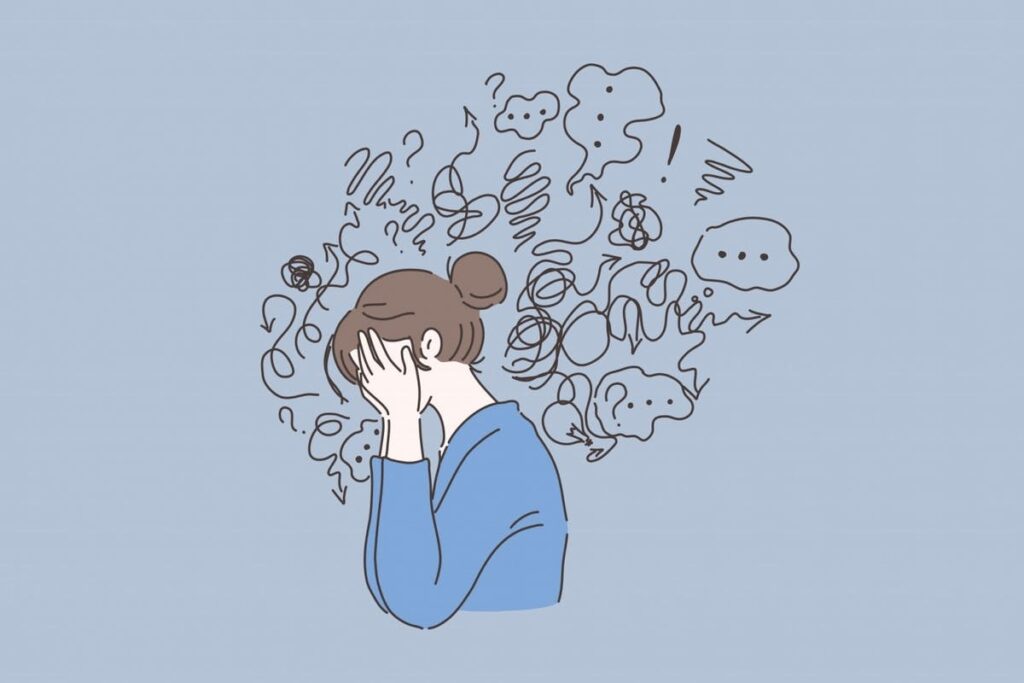
Causes or Reasons of Anxiety
Anxiety can be normal and often healthy response in stressful situations such as attending first day of school, going to a job interview, public speaking or taking a test may cause most people to feel fearful and nervous. Death of loved ones, prolonged illness,disabilities,accidents, side/after effects of medications, withdrawal from drug or alcohol,failure or issues in relationships, financial stress and professional stress are some common causes or reasons of anxiety.The past may also play a major role in the development of anxiety. Individuals who have directly experienced abuse or trauma during their childhood or have witnessed such traumatic events have a higher chance of developing anxiety during adulthood. When an individual doesn’t allow themselves the space to process and deal with these stressors, they are likely to experience anxiety.Anxiety is only an indicator of underlying disease when feelings become excessive, all-consuming and interfere with daily living.
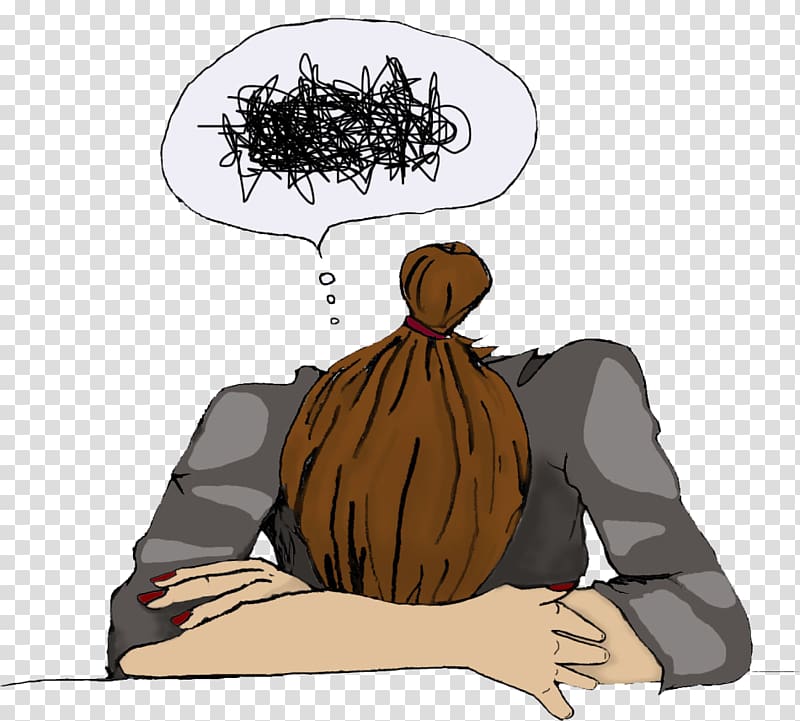
Red Flags or Symptoms of Anxiety
The red flags or symptoms begin to appear when an individual recurrently feels disproportionate levels of anxiety in any given situation. Anxiety can range from being mild, which can feel unsettling, to severe anxiety which can impede on an individual’s day-to-day living. Individuals suffering with anxiety disorders display frequent and persistent worrying thoughts their day-to-day lives. Individuals may also experience repeated episodes of heightened fear or terror. Whilst anxiety includes symptoms pertaining to one’s cognitions– or thoughts –there are also several physical symptoms that are noticeable when an individual is anxious.
Individuals suffering from high levels of anxiety may be clinically diagnosed with an anxiety disorder based on their symptoms. When feelings of anxiety are extreme, last for longer than six months, and are interfering with day to day life activities then it becomes an anxiety disorder.Terms related to Anxiety Disorders are Generalised anxiety disorder (GAD),Social phobia, Panic Disorders, Post-traumatic stress disorder (PTSD),Specific phobias,and obsessive-compulsive disorder (OCD).
Red Flags or Symptoms present in anxiety include:
- Overthinking
- Memory loss
- Avoidance
- Sweating
- Stomach issues
- Panic attacks
- Needing reassurance
- Lack of patience
- Procrastination
- Constant worrying
- Headaches
- Memory issues
- Restlessness
- Irritability
- Negative thinking
- Rapid or increased heartbeats
- Insomnia or sleep disturbance
- Trouble concentrating
- Trouble or rapid or shallow breathing
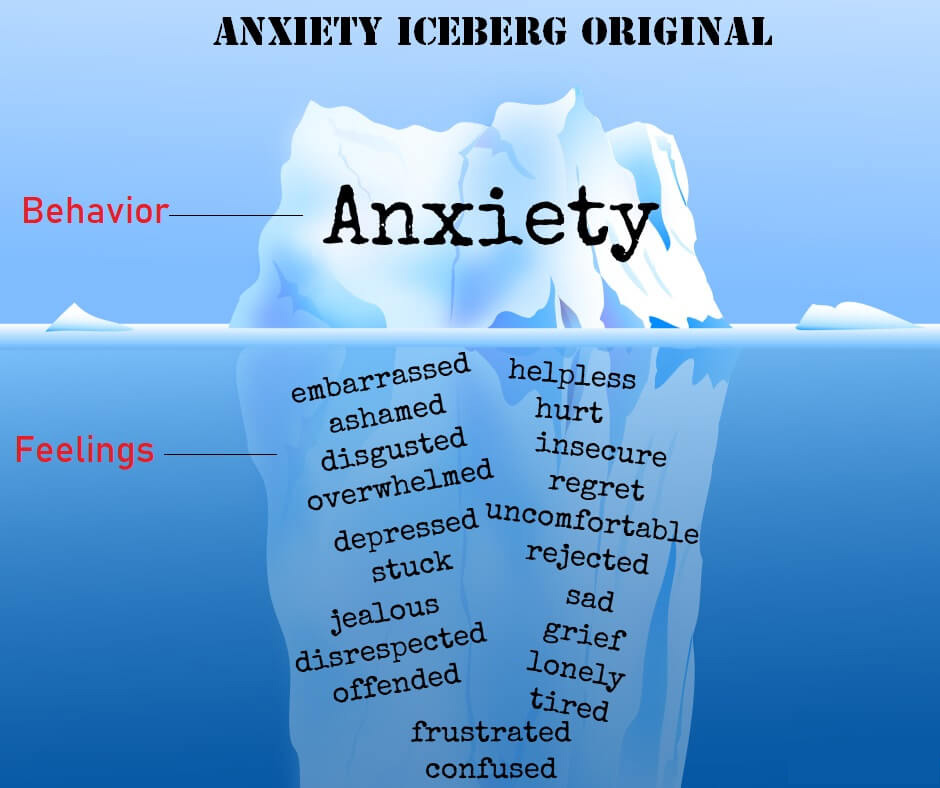
Coping with Anxiety
Sometimes people get into patterns of coping with anxiety that cause it to snowball. They overthink (ruminating about the past or worrying about the future), avoid whatever triggers their anxiety, and use compensatory strategies—like being extremely perfectionist to avoid feeling like an imposter at work—that decrease their anxiety temporarily but increase it over the long-term. These coping strategies can also push people away—people like you.
The techniques below outline ways of managing anxiety and steps to reduce the symptoms:
- Stay active:Channelize your energy and take part in hobbies that keep you busy and engaged. Creative activities like painting, cooking, dancing, singing, baking, writing or playing music helps in exercising the brain. Exercising or playing sports is an important part of your activity, as physical exertion activates the positive neurotransmitters in the brain leading to positive mood.
- Relaxation techniques: Relaxation techniques can assist in alleviating the mental and physical symptoms of anxiety. These techniques include deep breathing exercises, yoga and meditation. You can also relax your other senses by playing calming music, dimming the lights, lighting a candle or taking a warm bath.Stepping back from the problem helps clear your head.
- Maintain a positive attitude: Make an effort to replace negative thoughts with positive ones.A great way to keep our minds off the worry track is to focus our thoughts on things that are good, beautiful, and positive. Appreciate the small, everyday blessings. Allow yourself to dream, wish, and imagine the best that could happen.
- Maintain routine: A routine provides a sense of control in our day. If you don’t want to plan a full itinerary for the day, you can use anchors in the day such as your meal times or your work out times and plan your other activities around these anchors. Try to complete the task which you have set for the day.
- Journal your thoughts: Learn what triggers your anxiety.Use a Journal to log your thoughts and feelings. It provides a form of release and allows you to identify your thought patterns. Journaling also helps prevent these difficult emotions to fester within you. Is it work, family, school, or something else you can identify? Write in a journal when you are feeling stressed or anxious, and look for a pattern.
- Connect with Nature: Heading out for a walk or cycling in the park or a hike in the woods can help anyone feel peaceful and grounded. (Safety is important so choose somewhere you feel safe so you can relax and enjoy your surroundings.) Walking, cycling, hiking, or camping offer the additional benefit of exercise. Invite a friend or two — or a family member — along and enjoy feeling connected to people as well.
- Stay socially connected: Speak to a loved one and share with them how you are feeling.A social interaction with friends and family can make you feel comforted and supported, lessening your worries.
- Limit alcohol and caffeine:Too much of alcohol or caffeine aggravates anxiety and trigger panic attacks.Caffeine acts as a central nervous system stimulant. When it reaches your brain, the most noticeable effect is alertness. Limited use of caffeine helps in managing or treating drowsiness, headaches, and migraines.
- Eat well-balanced meals: Do not skip any meals. Maintain a balanced diet daily. Include nuts, sprouts, green tea, black coffee and healthy and energy boosting snacks.
- Get enough sleep:When stressed, your body needs additional sleep and rest. Sleep on a comfortable mattress and pillows. Schedule and practice sleeping habits. Avoid watching television or mobile phones before going to bed.
- Count to 10 slowly:Repeat, and count to 20 if necessary.
- Do your best: Instead of aiming for perfection, which isn’t possible, be proud of however close you get. Push yourself to get results even if it is not perfect.
- Accept that you cannot control everything: Put your stress in perspective: Is it really as bad as you think? Should I really worry about the things which I cannot control?
- Welcome humor: A good laugh goes a long way. Watch comedy movies or laughter shows. Join a laughter therapy club.
- Get involved in social activities: Volunteer or find another way to be active in your community, which creates a support network and gives you a break from everyday stress.
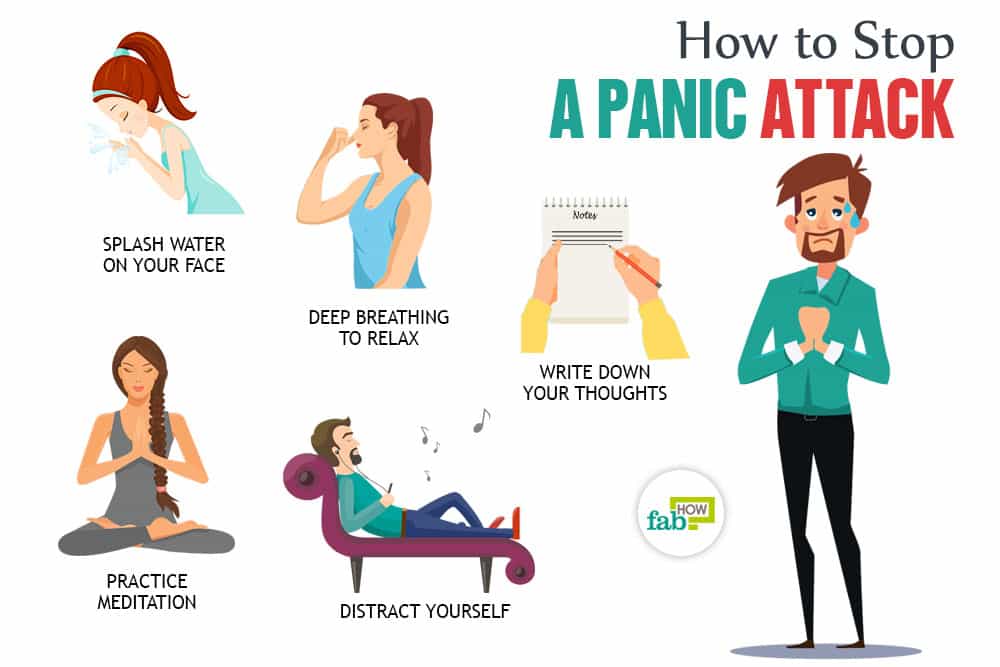
Treatment
Like many other mental health conditions, moderate or severe anxiety can be difficult to manage on your own, and you may want to consider seeking professional help. Seeing a therapist can help you explore factors leading to anxiety and can help you better cope with these.In cases where an individual’s daily functioning is severely impaired, medical intervention may be indicated to manage some of the physical and mental symptoms.
For more information you can contact us at contactus@heart2mind.com or +91-8595752152.
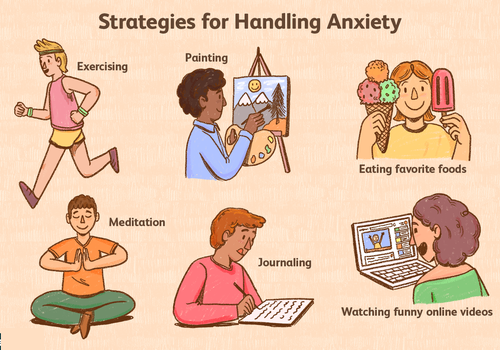



One thought on “Coping with Red Flags of Anxiety”